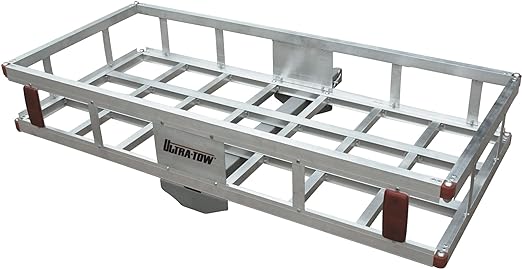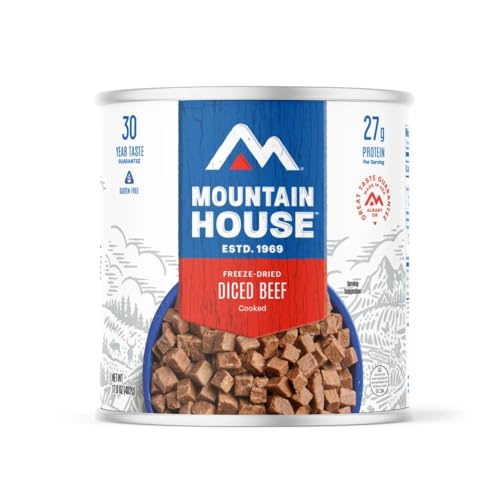Welcome, Britney! and yeah, what others have said... A/C is very "expensive" WRT electricity in the van-dwelling world. I've seen some vans / Class B RVs that can run A/C off of batteries. But these folks have very large battery systems (expensive) coupled with very efficient 12V DC RV air conditioners (expensive). Even then, they can usually only run the A/C overnight before that large battery system needs recharging.
The window unit style A/Cs for houses (not as expensive) can be used (see comments above), but I'm not convinced they're built for all the jostling and vibration of a moving vehicle, and to be honest, I think they're kinda ugly mounted to a vehicle. YMMV on the aesthetics of that, but this will still require a large and expensive battery setup to get any decent amt of runtime.
Also, as mentioned, a way around the large battery system is a small-ish, gas powered generator. That comes with pluses and minuses of its own. Negative points being transporting the thing and the smell, bother, & fire danger of it's associated gasoline that you'll need to bring, plus noise during use.
Here's something to consider: Your home will have wheels. Just move it to more temperate climates throughout the year if that's an option. Upper elevations in the Rockies during Summer, the desert Southwest in the winter, etc...














































